Photo : Beaver Creek, in Alaska © Bob Wick, Bureau of Land Management
This post is an extract from the web site Wild and Scenic Rivers
In the days of fur trappers and pioneers, free-flowing rivers were the lifeblood of commerce, transportation and fisheries across America. Today, they are critical yet often-overlooked sources of clean water, critical habitat, and rejuvenating recreation for Americans seeking a break from the frenetic world of technology and reconnection with the deep flow of time and nature.
In 2018, across the nation, river enthusiasts, communities and government agencies celebrated the 50th anniversary of the passage of the Wild & Scenic Rivers Act.
Congress passed this landmark legislation on Oct. 2, 1968, to preserve selected rivers with outstanding natural, cultural, and recreational values in a free-flowing condition for the enjoyment of present and future generations.
Of the approximately 3.6 million miles of streams in the U.S., less than one quarter of one percent – 12,734 miles – are protected by the Wild & Scenic Rivers Act. These miles include some of the most primitive and breathtaking landscapes in North America. The names of the streams, many of Native American and pioneer origin, roll off the tongue:
* Alatna, Noatak and Salmon in Alaska
* Owyhee, Rogue, Skagit and Willamette in the Northwest
* American, Kern and Tuolumne in California
* Virgin, Verde and Fossil Creek in the Southwest
* Snake, Cache la Poudre and Rio Grande in the Intermountain West
* St. Croix, Missouri and Vermillion in the Midwest
* Allagash, Wildcat and Delaware in the Northeast
* Chattooga, New and Wilson Creek in the Southeast
In the wake of the anniversary, you can explore designated rivers here, learn about rivers events that took place in 2018, watch rivers videos created during the anniversary, read the rivers anniversary success report, and learn more about rivers anniversary resources.
The Wild & Scenic Rivers Act safeguards the free-flowing character of rivers by precluding them from being dammed, while allowing for the public to enjoy them. It encourages river management that crosses political boundaries, and promotes public participation to develop goals for protecting streams.
Rivers are designated according to three classifications:
Wild Rivers – Rivers or sections of rivers that are free of impoundments and generally inaccessible except by trail, with watersheds or shorelines essentially primitive and waters unpolluted. These represent vestiges of primitive America.
Scenic Rivers – Rivers or sections that are free of impoundments, with shorelines or watersheds still largely primitive and shorelines largely undeveloped, but accessible in places by roads.
Recreational Rivers – Rivers or sections that are readily accessible by road or railroad, that may have some development along their shorelines, and that may have undergone some impoundment or diversion in the past.
Key Facts:
1. Designation as a Wild & Scenic River does not prohibit development or give the federal government control over private property. Recreation, agricultural practices, residential development and other uses can continue (See detailed FAQs here).
2. Rivers, or sections of rivers that are designated as ‘Wild’, ‘Scenic’, or ‘Recreational’ are protected through voluntary stewardship by landowners and river users, and through regulation and programs of federal, state, local or tribal governments.
3. Not all land within the boundaries of designated rivers is, or will be, publicly owned, and the Act limits how much land the federal government is allowed to acquire from willing sellers.
4. The Act strives to balance dam and other construction at appropriate sections of rivers with permanent protection for some of the country’s most outstanding free-flowing rivers. To accomplish this, it prohibits federal support for actions such as the construction of dams or other in-stream activities that would harm the river’s free-flowing condition, water quality or ‘outstandingly remarkable’ resource values.
5. Designation does not affect existing water rights or the existing jurisdiction of states and the federal government over waters as determined by established principles of law.
Today, the National Rivers System protects 12,734 miles of 208 rivers in 40 states and the Commonwealth of Puerto Rico. This is less than one-quarter of one percent of the nation’s rivers. By comparison, more than 75,000 large dams nationwide have modified at least 600,000 miles, or about 17%, of American rivers.
For more information, please visit the public site www.wildandscenicrivers50.us. For select curated photos of Wild & Scenic Rivers, visit the image gallery. Other photos are available on Flickr at www.Flickr.com/Photos/Wild_Rivers
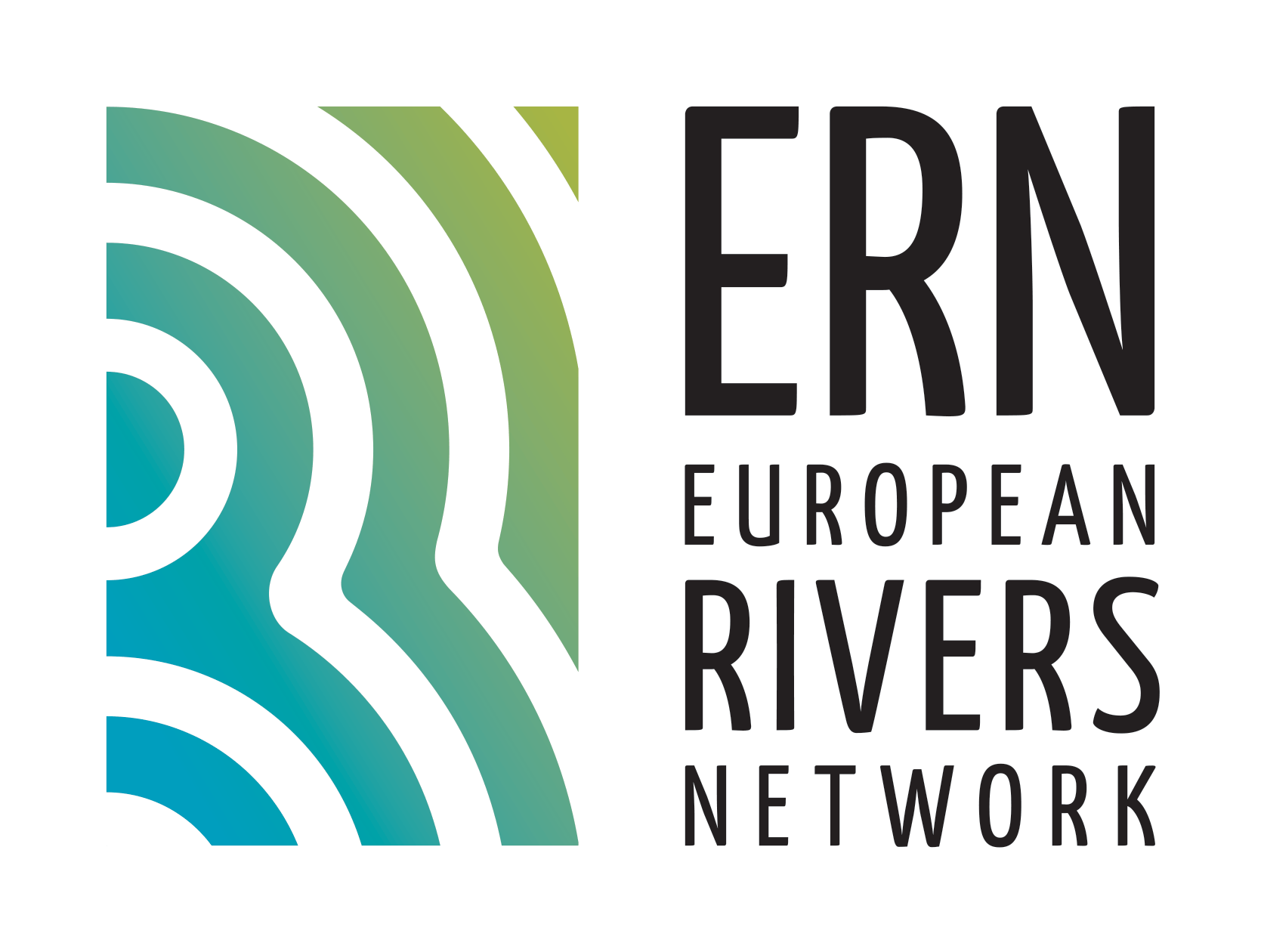
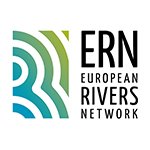
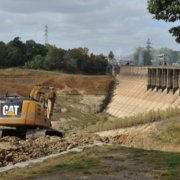 Hermann Wanningen
Hermann Wanningen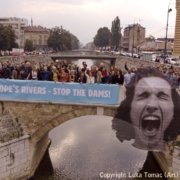 Luka Tomac (Art) and Flying Pangolin Film
Luka Tomac (Art) and Flying Pangolin Film
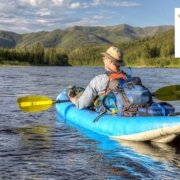 Bob Wick, Bureau of Land Management
Bob Wick, Bureau of Land Management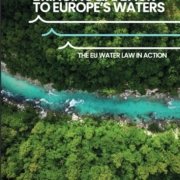
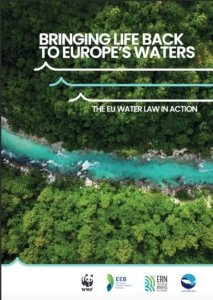 Bringing life back to Europe’s waters: The EU water law in action
Bringing life back to Europe’s waters: The EU water law in action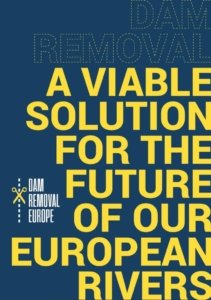 Dam Removal a viable solution for the future of our European rivers
Dam Removal a viable solution for the future of our European rivers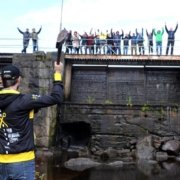
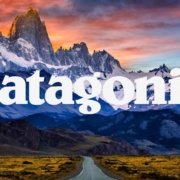
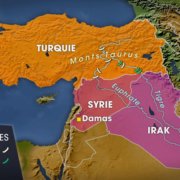 ARTE
ARTE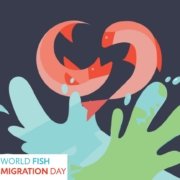
 ERN France
ERN France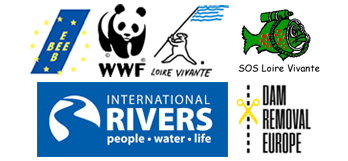 ERN is the official WWF Freshwater Partner in France and cooperates with WWF Switzerland, Austria, Netherlands and others
ERN is the official WWF Freshwater Partner in France and cooperates with WWF Switzerland, Austria, Netherlands and others